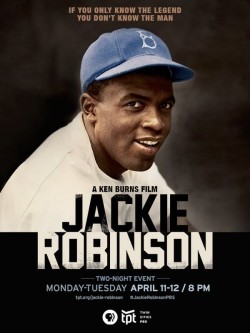
Jackie Robinson
Robinson rose from poor beginnings to break baseball's color barrier and become one of America's most beloved figures. Robinson utilized his tremendous fame to speak out against the discrimination he witnessed on and off the field, angering fans, the press, and even teammates who earlier praised him for "turning the other cheek." After retiring from baseball, he became a widely-read newspaper columnist, divisive political activist, and tireless advocate for civil rights, who later struggled to remain relevant as diabetes crippled his body and a new generation of leaders set a more militant course for the civil rights movement.
Read full
Genres:
Production:
Country:
Duration:
120 m


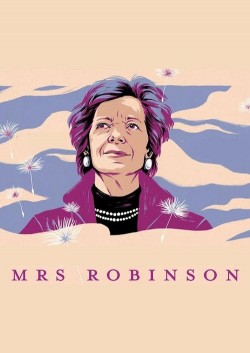
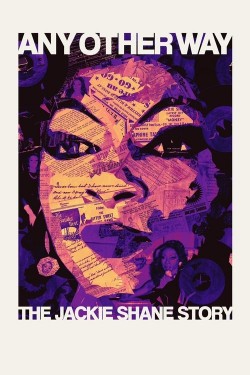


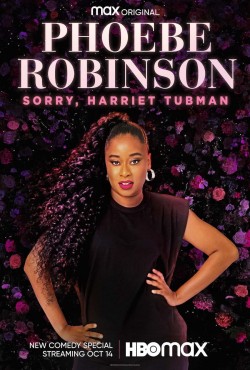


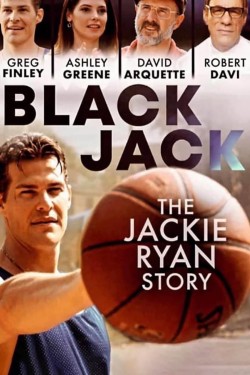





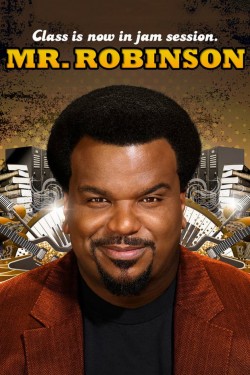

Discussion